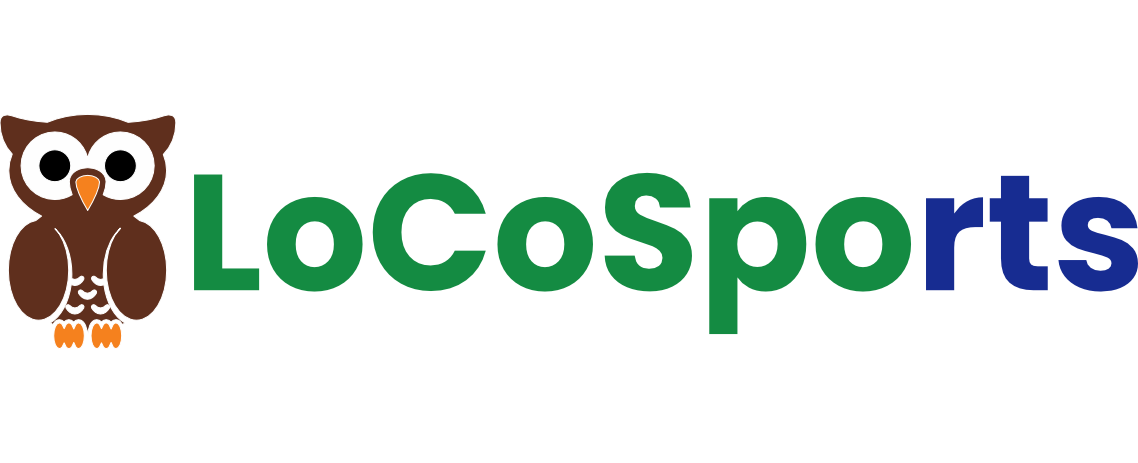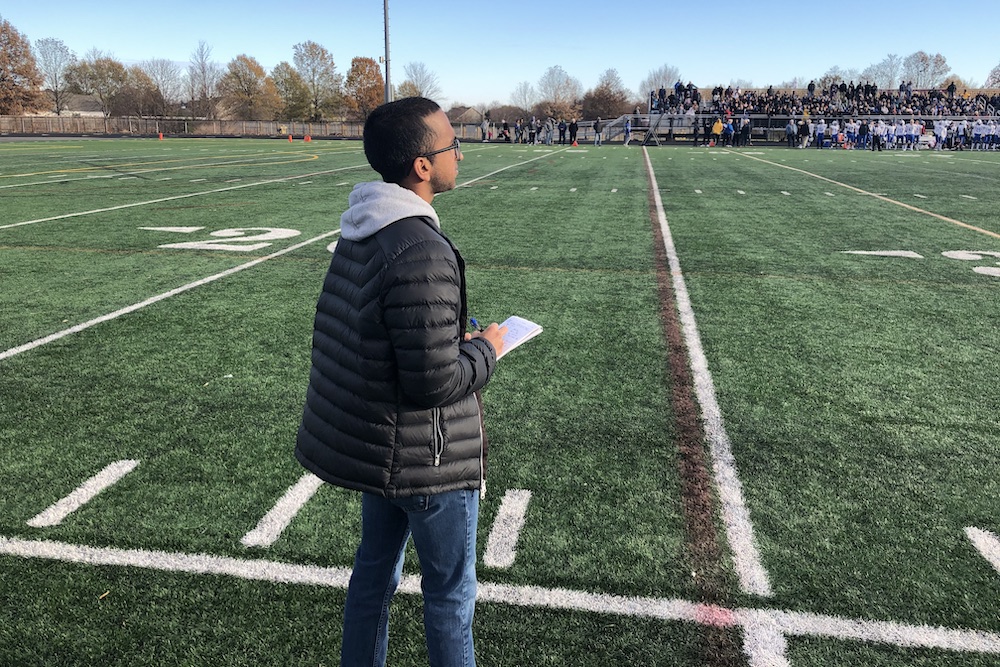Leesburg, Va. — I was sitting in a hotel room in Jacksonville, Florida, eager to start my new full-time job for a software company. I laid in bed and turned on Big Bang Theory to settle my nerves and hopefully clear my mind the night before my first day. Then I got a text.
Part one of our mission at LoCoSports is to provide local student-athletes with the recognition they deserve for all the hard work they put in.
Part two of our mission sometimes goes underrecognized by the community: to help mentor and provide real world experiences to high school students who aspire to make a 9-5 out of sports media someday. (News flash Owls: it’s not a 9-5).
The text that night in Jacksonville was from one of those student journalists.
“Why’d you suggest I remove the quote from [insert athlete’s name]from my story?” he asked.
I told him I thought the particular quote – if taken out of context – would misrepresent the student-athlete’s intended message and that leaving it in wouldn’t add much value to the story anyway.
He disagreed.
We spent the better part of two hours texting back and forth about the legal, ethical, and contextual consequences of editing or simply removing quotes to better align what people meant versus what people literally said.
In the end, he ended up scrapping the quote. However, that would be a lame end to this story.
I use this story to highlight something really cool we’ve created at LoCoSports: a culture of psychological safety where high school students are willing and encouraged to question their senior editors on suggestions made to their work.
Creating that culture took time and is still an ongoing effort, but it’s well worth it for us because of the types of journalists we’re helping to mold: journalists who stand up for what’s right, question authority when necessary, tell our community’s stories, and put people first.
There isn’t a one-size-fits-all approach to creating a psychologically safe culture, however, there were some steps we took that worked for our process.
Don’t tell. Guide.
From very early on at LoCoSports, we made a point not to edit the work of our journalists. Rather, we suggested edits. To some, this may sound like the same thing, however, to our journalists it made a world of difference.
We use Google Docs to write our stories because it makes suggesting edits very easy and allows editors to comment back and forth with journalists. Even small changes in punctuation and LoCoSports style are suggested. The intent with using suggestions versus direct edits is to empower these young journalists to make their own decisions and to learn from mistakes by playing an active role in editing.
Question everything.
The fastest way to create a fear culture at work is to shame people for making wrong decisions. Fear culture limits creativity and stunts skill development. However, asking someone why they made a decision will help them think through their process and realize why they want to keep, change, or go back on their decision before we publish.
For example, I’ll often ask a journalist why they included a specific detail about a play or a certain quote from a coach in their story. Almost 100% of the time, they have a legitimate reason. And 99% of the time, they never explained that reason to the audience. And 100% of that time, the journalist has gone back and added context without me ever having to say a word.
Empower experimentation.
The same journalist from the story above came to me a few months into his journey with LoCoSports with an idea to start a podcast, and he came prepared. He had done his homework, he knew what equipment he needed, and he knew what type of student-athletes he wanted to interview. What he didn’t know, however, was if the podcast would be successful.
Success is a relative term. For him, success was initially the number of podcast listens. He checked in like eight times a day to get a stats update from me. However, I think his success criteria has changed. Podcast listens are still important, but even though a few of the podcast episodes fell flat, the overall experience has been a success.
I encourage you to listen to the first episode of the Technical Fowl and then watch the most recent. See for yourself on how much this ambitious podcast host has grown in just twelve short months. To me, that’s success.
I want to learn why these young journalists make certain decisions, what’s important to them, and how I can help them achieve their goals, so I can widen my perspective and update my own knowledge base. This process is as much for me as it is for them.







